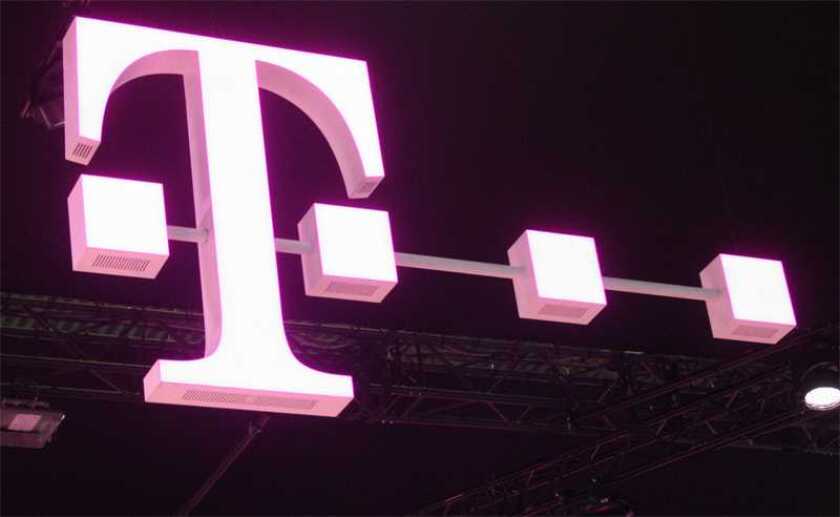Telefónica and Vodafone began their action against Bundesnetzagentur (BNetzA), the Federal Network Agency, just before the Christmas holiday. This week Deutsche Telekom also started legal action.
The three are complaining that the lengthy process of approving the construction of new mast sites does not permit them to meet BNetzA’s requirements for 98% household coverage by the end of 2022.
In addition BNetzA is requiring 5G coverage of all railways with more than 2,000 passengers a day and all main roads.
The regulator says that national and state roads, seaports, waterways and railways should be covered at 50Mbps, rising to 100Mbps. Operators will also need to cover white spots on the map.
A Deutsche Telekom official told the newspaper Die Welt: “From the outset, we said that the conditions imposed on the auction are unrealistic and create legal uncertainty.”
The company called BNetzA’s proposals “well beyond” what the regulator had described as “reasonable and proportionate”.
Telefónica complained of “legal ambiguities and barriers to investment” in the auction conditions.
Deutsche Telekom said: “Germany has the longest approval procedures for antenna sites in Europe,” and the company complained of “numerous legal, bureaucratic obstacles”.
They are also worried about their need to offer rural roaming to newcomers such as United Internet, which has launched the 1&1 Drillisch mobile network. “The very unclear regulations on national roaming endanger investments, especially in rural areas,” one executive told Die Welt.
Meanwhile Deutsche Telekom last week announced that it has created a new top-level department, USA and Group Development, to be headed by Thorsten Langheim, who is an existing executive VP. At the same time, CFO Thomas Dannenfeldt has decided to leave the company “for private reasons”, and will be replaced by Christian Illek, previously chief human resources officer.






